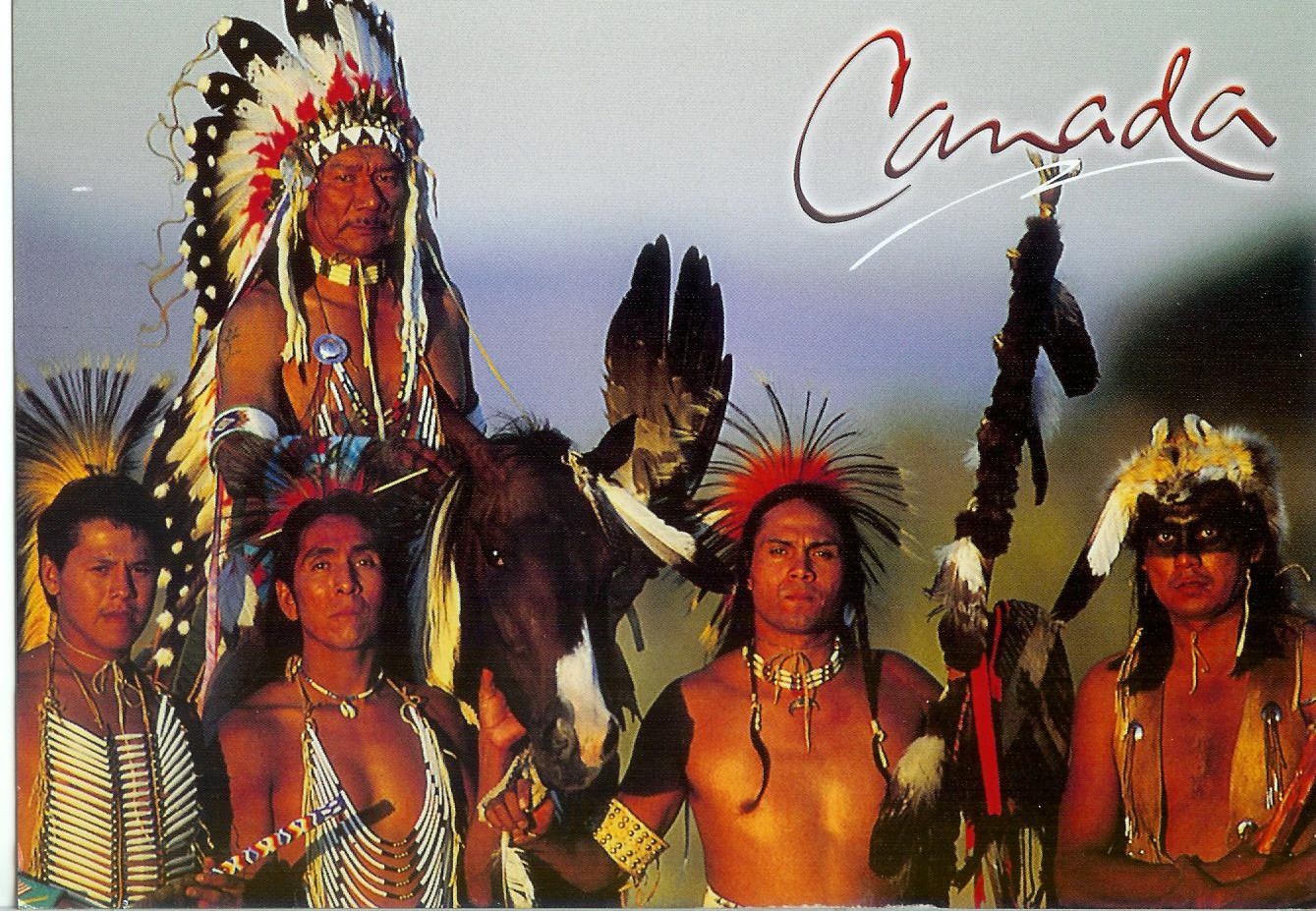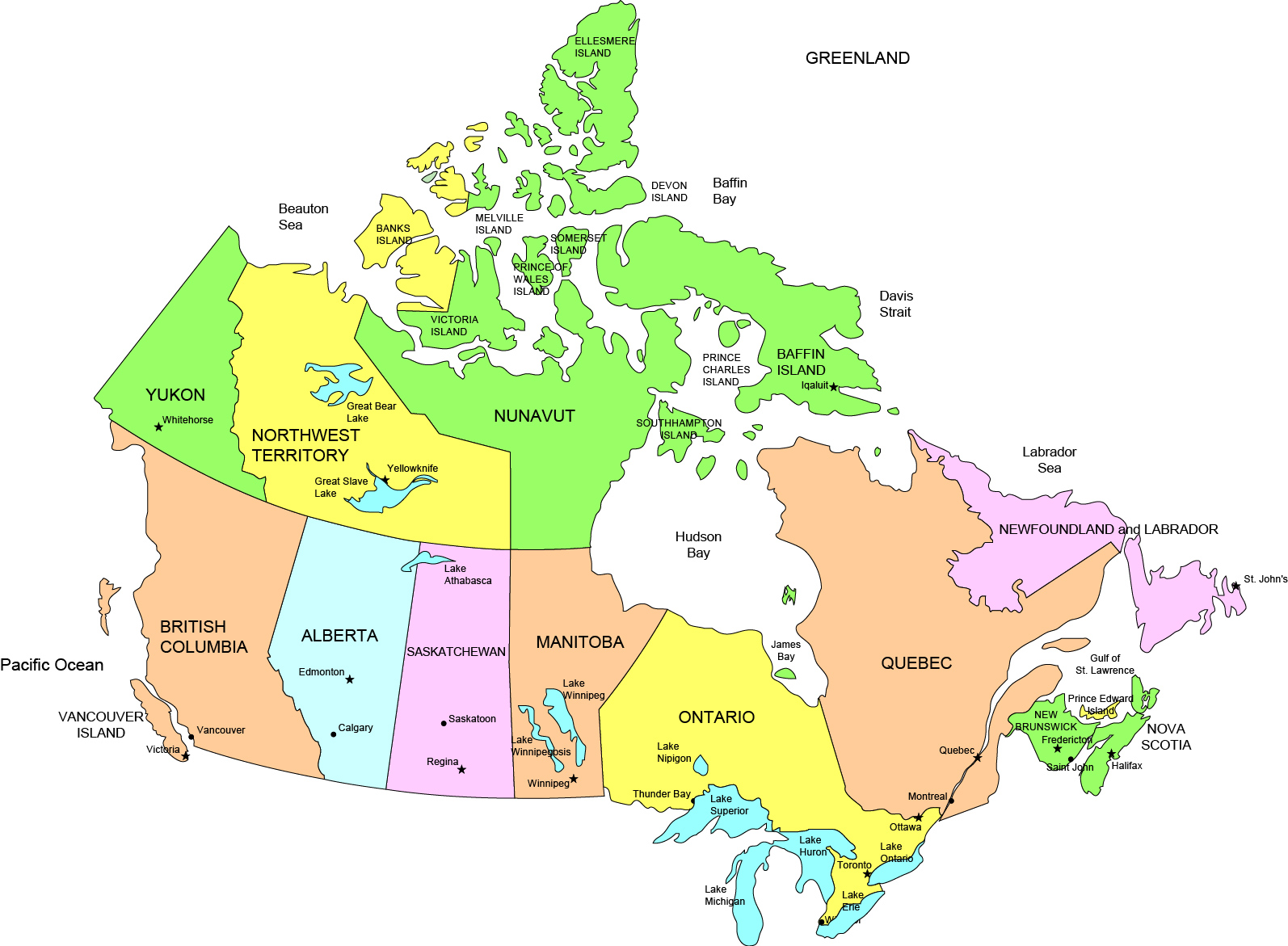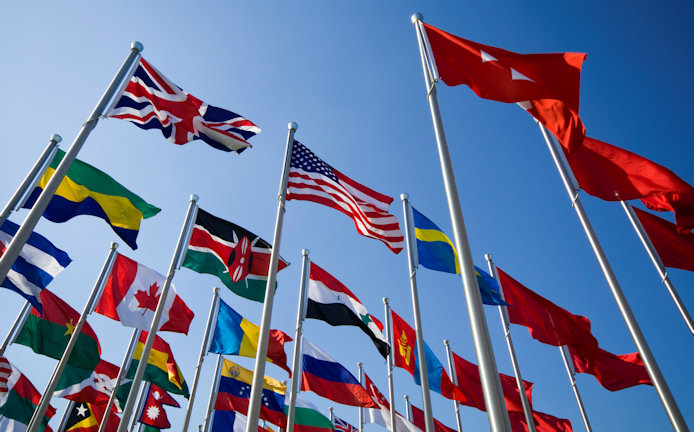U1L1 Nation and Identity
| Site: | MoodleHUB.ca 🍁 |
| Course: | Social 20-1 RVS |
| Book: | U1L1 Nation and Identity |
| Printed by: | Guest user |
| Date: | Friday, 26 December 2025, 9:34 AM |
Description
U1L1
Introduction
Foundations of Nationalism
Key Issues
To what extent should we embrace nationalism?
To what extent should nation be the foundation of identity?
To what extent are nation and identity related?
How important is your nation in shaping who you are? People often think of their nation when asked where they are from or which national team they are cheering for. In your own life, do you connect strongly to one nation or to many nations?
Throughout this lesson you will inquire into the relationship between nation, nationalism, and identity by exploring the following question: To what extent should nation be the foundation of identity?
Further to this, you will explore the diverse understandings of nation in response to the following question: How does my identity express the extent to which I embrace nation and nationalism? Each of the following lesson inquiries will develop understandings to help you respond to the following questions:
- How does my identity express my connections to nation?
- What is the relationship between nation and nation-state?
- How do people express their connections to nation?
Finally, this lesson will introduce students to the general concepts and understandings of the word 'nation'. Exploring this initial content will give students a better understanding how and why, Canada is considered a Civic Nation.
Lesson
![]() RESOURCES
RESOURCES
Watch the following short introduction to nationalism...
Read and refer to Chapter One as your resource for completing this lesson's assignment.
![]() LESSON
LESSON
|
Nation |
 |
| Nation-state An internationally recognized sovereign nation that has a distinct geographical boundary and political system. |
 |
Consider the following questions while watching "Rick's Rant' - Quebec as a Nation (NOTE: you do not have to agree or disagree with Rick Mercer)
What are some concepts of nation?
What are some understandings of nation?
How
can nation be understood as a civic nation?
How do people express their identity through nation?
Watch the first part of the following video on Nationalism
http://study.com/academy/lesson/how-nationalism-impacts-world-politics.html
 |
TERMS nation-state
|
Assignment
NOTE: Before completing any assignment, be certain to complete (read and view) ALL content
and videos located within the LESSON tab.
Open a new Powerpoint presentation. Label it SS20U1L1.surname
In the same Powerpoint, complete the 3 slide powerpoint presentation as outlined below.
Submit this assignment using the Assignment Folder for U1L1Nationalism.
Pre- Assignment information regarding personal identity
Who you are may be shaped by your nation and your connections to that nation. You may be able to quickly identify those connections
to your identity, or you may need to explore deeper to find the influences of your nation or nations.
In your view how important is your connection to nation in shaping your personal identity? (Very Important, Somewhat Important, or Not Very Important). The following is a list of criteria that solidify a nation of people:
|
Watch the following short video about Canadian nationalism. Then create a THREE SLIDE power point presentation as outlined below:
Assignment Outline:
Slide One - Address the following question using images and captions:
Which expressions of your personal identity are related to your nation? In other words, how is, or has, your personal
identity been shaped by the nation, or nations, in which you have lived?
Ex: If you have always lived in Canada, you might be a strong figure skater of hockey player.
If you spent your early life in Brazil and recently moved to Canada, you might be a competitive soccer player and just be learning to skate.
Slide Two - My Connection to Nation
The U.S. and Canada have various aspects that show their national uniqueness and identity. Choose any three of the following topics and, by searching online, highlight each country's unique differences into a slide show. Provide an explanation of the history and/or evolution behind each topic. Include graphics where appropriate and short explanations for each.
The site below will help you:
https://lop.parl.ca/about/parliament/senatoreugeneforsey/book/chapter_4-e.html- official language(s)
- history of flag and anthem (you must discuss both)
- media (television, movies, news, etc.)
- government (discuss electoral system and parliamentary system. How are they the same? different?)
- how each country gained independence from Britain (detail both country's history)
- approach to immigrants (mosaic vs melting pot/ Trudeau vs. Trump)
- health care (public vs private, etc. and their impact on the citizens)
Slide Three - Drawing Conclusions
Once you have completed the first two slides, prepare one last concluding slide that answers the question:
Do these similarities and differences make us, as Canadian citizens, as unique from the U.S. as we would like to be? Why or why not? Explain
using specific references to your US/Canadian comparisons.
EXEMPLAR - the following exemplar has been blocked out but is posted here for you to view the proper format and expectations for this assignment.
Be sure to provide a bibliography.
Slide One
Quality of Information in relation to nation - 15
Slide Two
Quality of Information in relation to student connection to nation - 15
Slide Three
Drawing Conclusions - 15
Bibliography - 5
Overall Appeal - 10
Total Marks - /60
![]() Click on the following link to write the following open book review quiz (not worth marks)
Unit 1 Lesson 1A
Test
.
Click on the following link to write the following open book review quiz (not worth marks)
Unit 1 Lesson 1A
Test
.
Conclusion
In this lesson you explored definitions of nation and nation state. You explored what a nation is and came to understand that a nation can either be a distinct physical territory with a government or it can be a group of people who share a sense of belonging.
A country must meet these criteria to exist:
- It is an independent (self-governing) nation. It can make its own decisions freely without outside influence.
- It exists within clearly defined borders which are internationally recognized. This means that other countries recognize and respect its borders.
- Its citizens share values and beliefs (such as culture).
You examined examples of both nations and nation states.
Then you looked at nationalism and realized that the word means different things to different people. It is the feelings people have in identifying with their nation. It can be a sense of kinship or common identity. These feelings generally include loyalty for, and pride in, the nation's culture.
Nationalism is also a collective feeling of separateness or uniqueness from other groups of people. This can be expressed in the form of “We are ...” or “We are not ....” such as when Canadians distinguish themselves from people of the United States.
Nationalism can also be inspired by ethnicity, language, culture, religion, spirituality, politics, as well as by geography and a relationship to the land.
You have now been introduced to the exciting times that led to the positive and negatives of nationalism in our present world. Some results (like those of the French Revolution) significantly improved the lives of most people, while others had a negative impact, as we shall see later on!